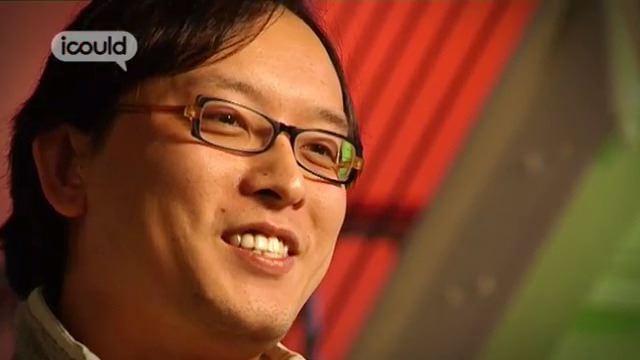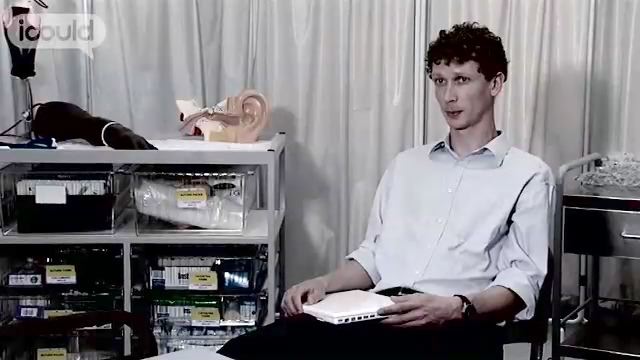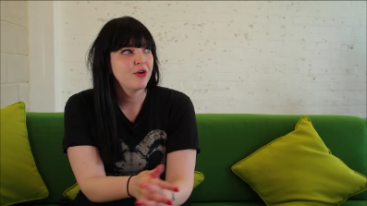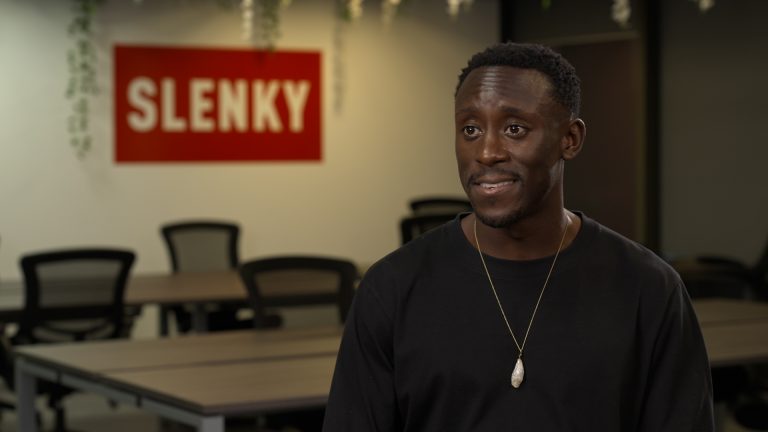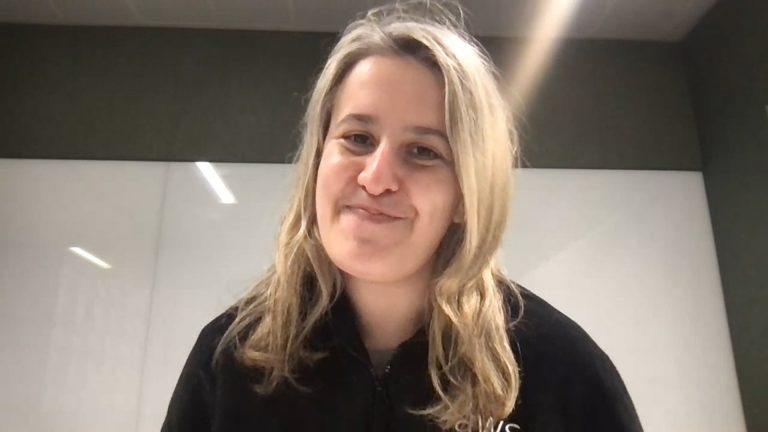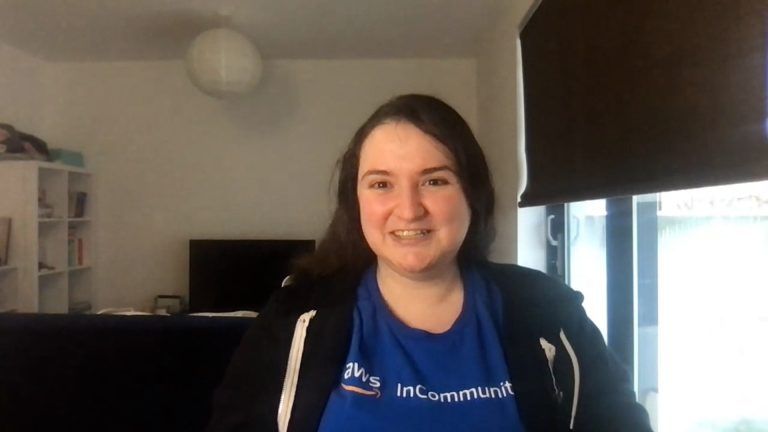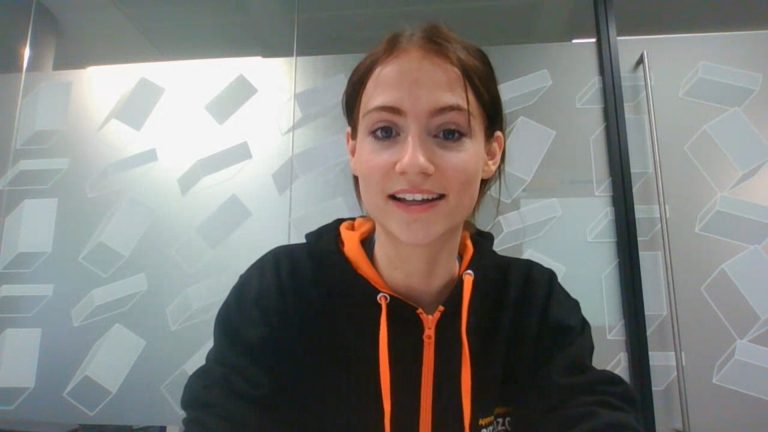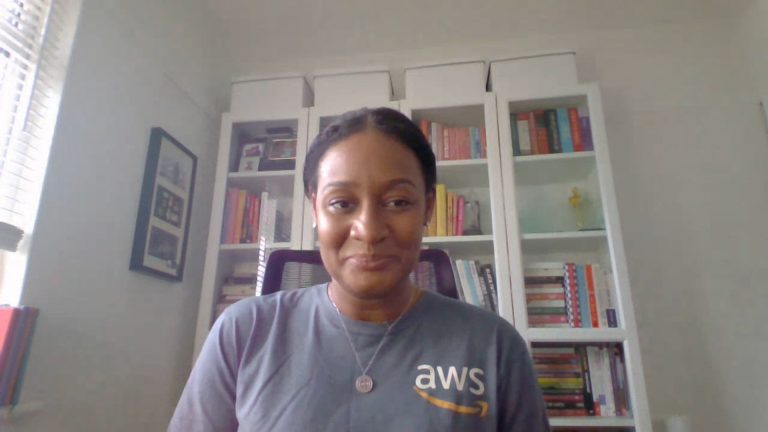Web Editor
Addenbrookes
Joachim Farncombe
00:00:03 My name is Jo F, I am a Web Editor for Addenbrookes NHS Trust. Addenbrookes’ website’s got a lot of information for patients mainly, but also for other NHS staff. Anyone that uses the hospital basically. So it’s my job to update old content, and also create a lot of new content on the website. I spend fifty percent of my time out and about, round the hospital, meeting staff to discuss various parts of the website. The other half I spend in my office actually hands down sort of – hands on rather.
00:00:36 It’s one of the best things about the job is actually the variety of going round to all the different departments and wards, around the hospital, and get to meet all sorts of people, whether they be doctors, consultants, but also a lot of sort of staff nurses. It’s generally a really good place to work, I find that there’s such a variety of people and from all walks of life, and I find that really sort of – it’s a really nice environment to work in.
00:00:58 I actually started working at Addenbrookes in the staff bank, and then found that there was a job available through the staff bank in the job I’m doing now. The staff bank is for temporary workers, so it’s ideal for students, young people who are not quite sure what they want to do. It’s a very good way of sort of getting to know the hospital and the environment of the hospital.
00:01:20 When I first joined the staff bank I had no idea whether I would be staying at Addenbrookes or not, it was just a case of I needed to get a job so – yeah, it was a good place to earn some money. But very quickly actually I started working in the Communications Team, doing some admin, and then found that there was a job open in the Web Team.
00:01:40 Five years ago I wouldn’t have had a clue that I’d be doing this, working at Addenbrookes as a Web Editor, I thought I’d be a Producer in Hollywood! When I first left University, the job that I did first was to work in a post production company in Soho. Entry level jobs in the film industry involve earning very low money, and I found that I couldn’t sustain myself living in London for too long. So I decided I’d move to Cambridge. It was a bit of a gamble to leave London, ’cause I really didn’t know what I was going to do in Cambridge. I basically moved up there with my degree in Film and Video Production, and very little experience. So it was a case of sort of taking the first job that I could come, and fortunately it worked out very well.
00:02:19 At school I was quite academic actually, I quite liked my Humanities subjects, was very good at Geography. I tried doing a Geography degree for a year but realised very quickly that sort of the Maths side of things was not for me, at all. I dropped out of my Geography degree, and I actually took a year out and went travelling. My starting point was to go to work on Camp America, where I was a Camp Counsellor working on a camp for underprivileged kids from Philadelphia. I did that for four months, and then I spent a bit of time travelling up the East Coast of America.
00:02:51 After I’d finished travelling I headed back home and decided I needed to sort of earn a bit of money before trying to go back to University again. I actually started working in an Indian Restaurant. Once I’d saved up enough money, and I felt confident enough to go back to University, I decided that film and video would be the thing I’d want to do. So I started applying for University, and fortunately was accepted into the Soho Institute of art and Design.
00:03:15 I find that a lot of the skills, especially editing skills, that I picked up at University, have been directly transferable to the job I do now, there are certain programmes that I use – video editing software and website editing software is not miles apart. So my degree has not been lost altogether. Potentially I’d like to go back into the film industry. I tried to sort of to carry on making films as a bit of a hobby. A group of us have set up a website, we make short films in our spare time, when we’ve got spare time.
00:03:45 In the long term I see a role working within the sort of websites, maybe specifically information architecture. I think my ultimate goal would be to become a consultant, telling people how to organise their information.
00:03:59 I don’t think there’s a right and wrong way when it comes to career choices, you know, that sometimes you start a job and you don’t like it, it doesn’t mean to say that you can’t go and get a new job. I think that you can be quite flexible about things. It doesn’t always have to mean that you start one job, it doesn’t mean you’re stuck in that job forever.
00:04:16 ENDS
Despite his passion for working in the film industry, Jo gave up his job in a post production company in Soho, as he couldn’t survive in London earning such a low wage. When he moved to Cambridge he joined the NHS staff bank just to earn some cash. This led to his role as web editor at Addenbrookes, where he uses many of the skills from his degree in film and video production, and finds real job satisfaction.
More information about IT network professionals
The UK average salary is £29,813
There are 37.5 hours in the average working week
The UK workforce is 47% female and 53% male
Future employment
- Implements and evaluates new networking environments, including software and hardware
- Monitors performance and makes recommendations concerning network quality.
- Creates users' accounts and provides troubleshooting service to users
- Ensures network security, reports on, investigates and fixes network faults
- Writes operational documentation and provides subsequent support and training for users
